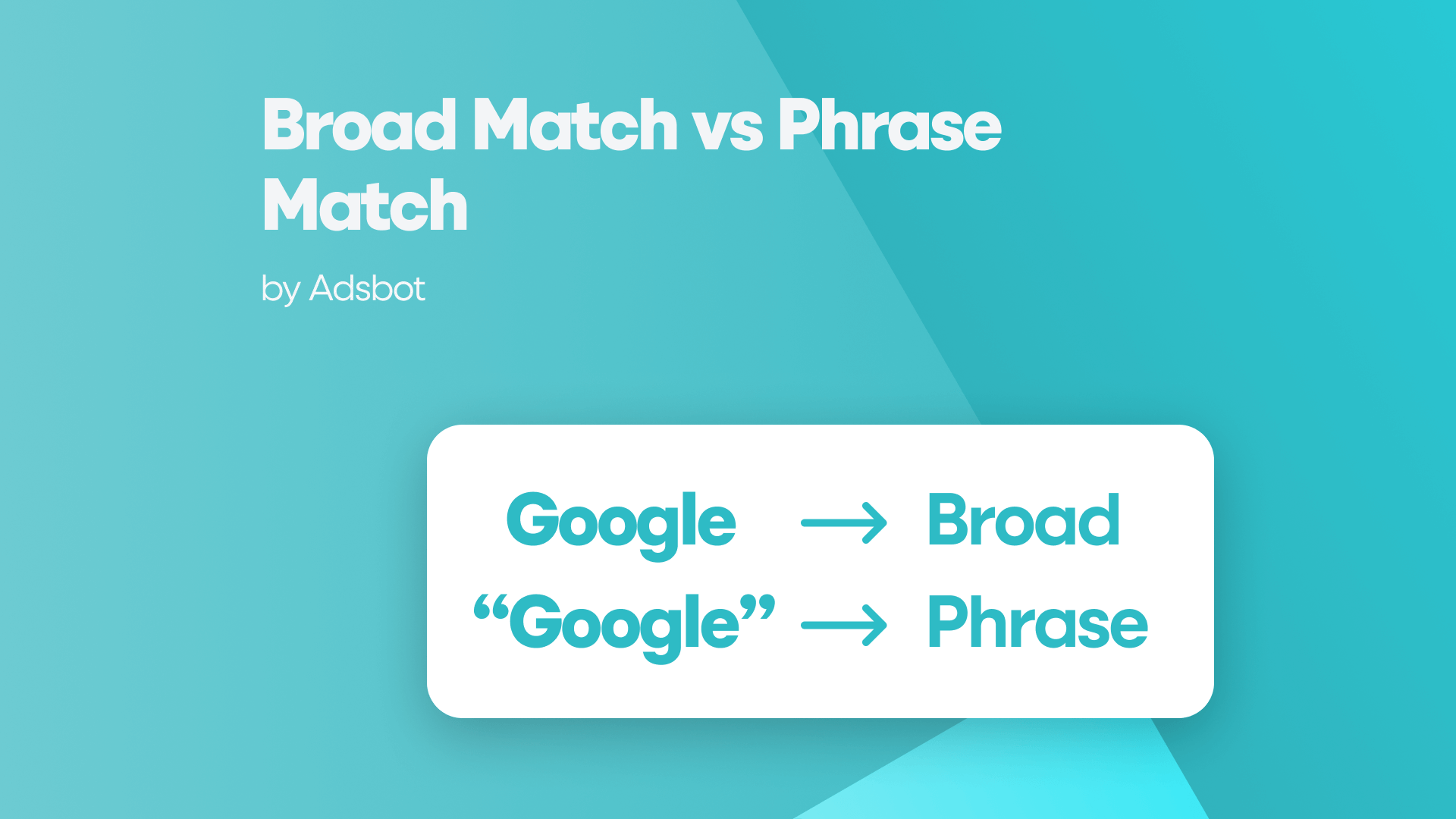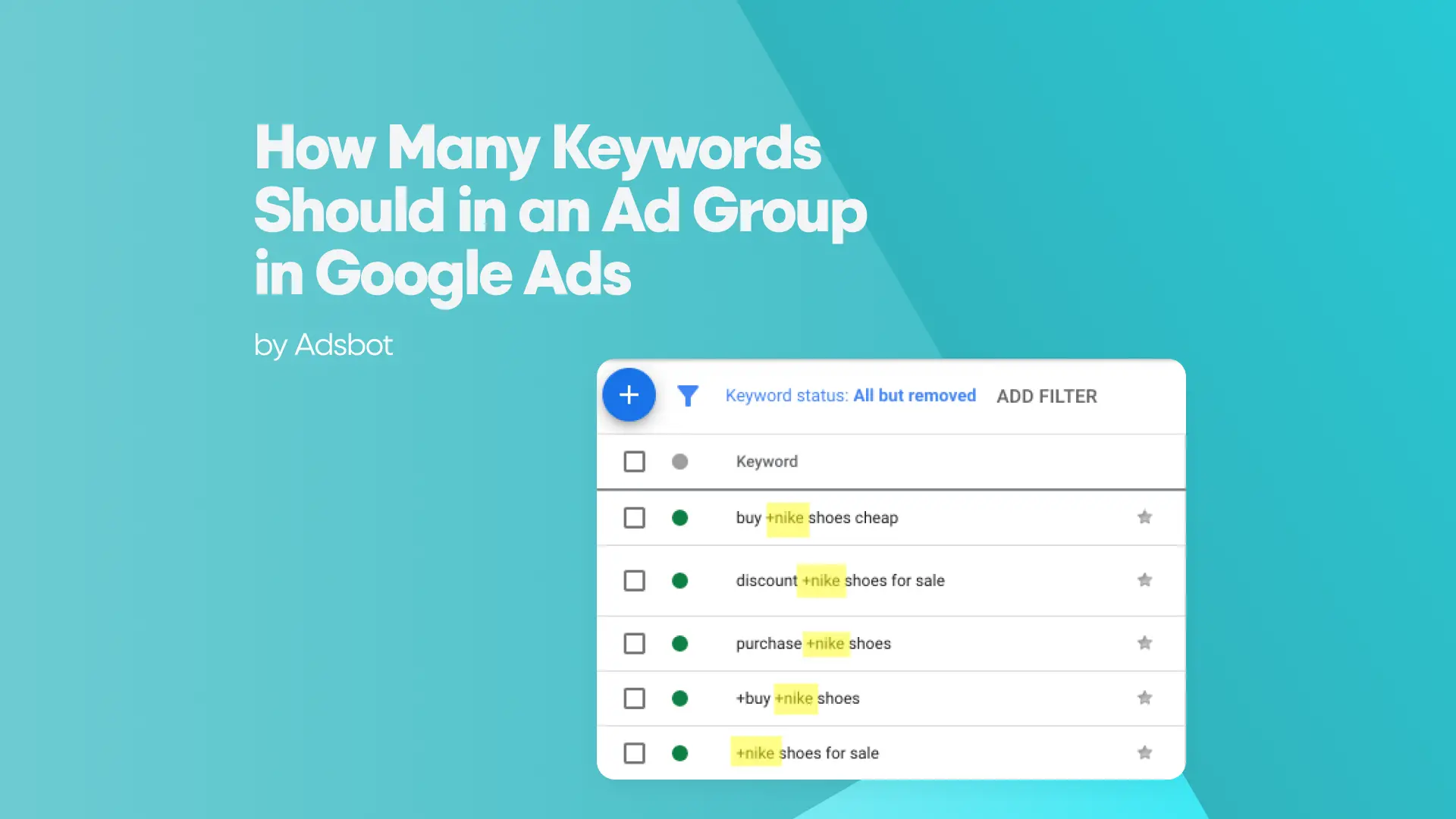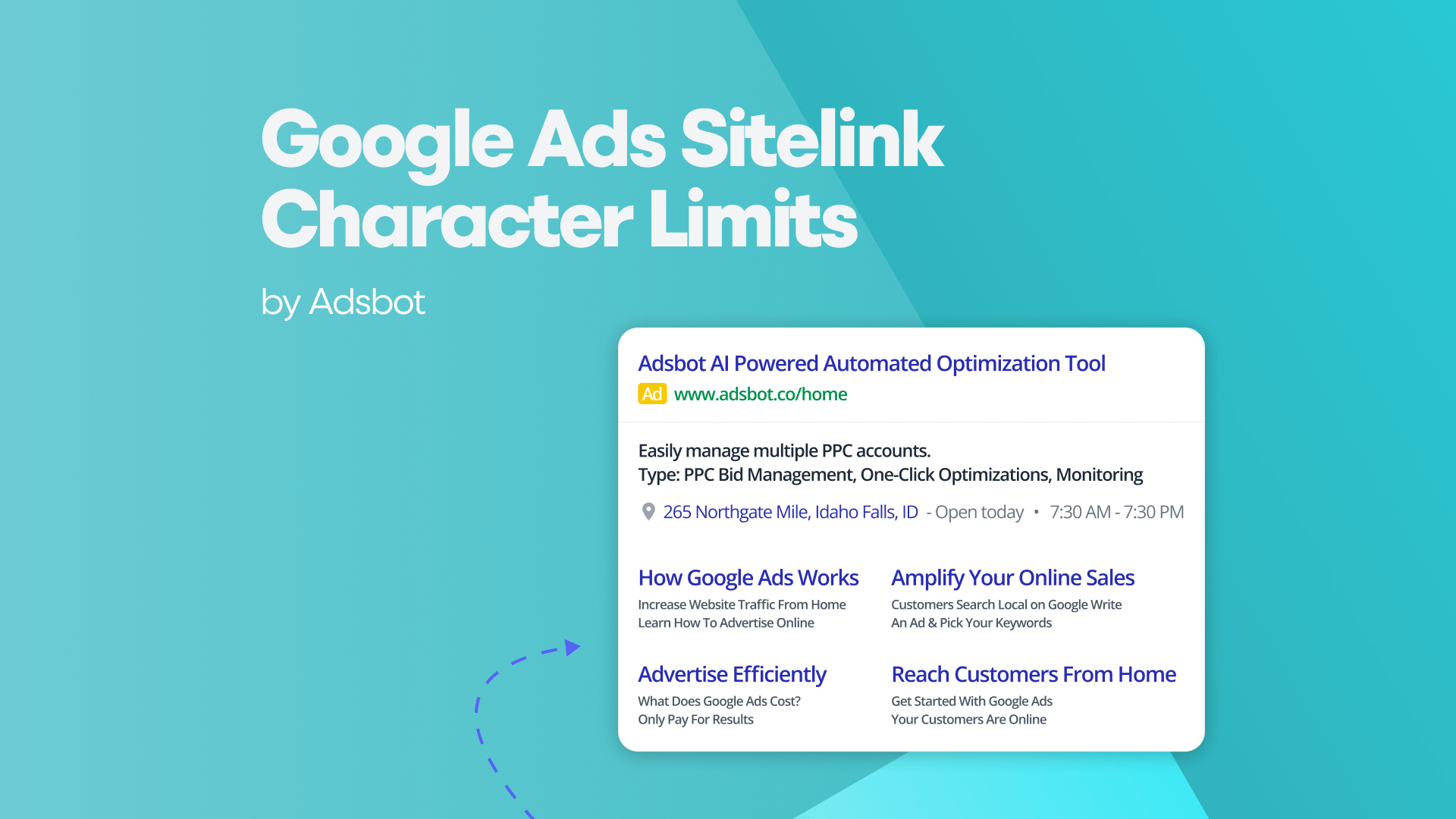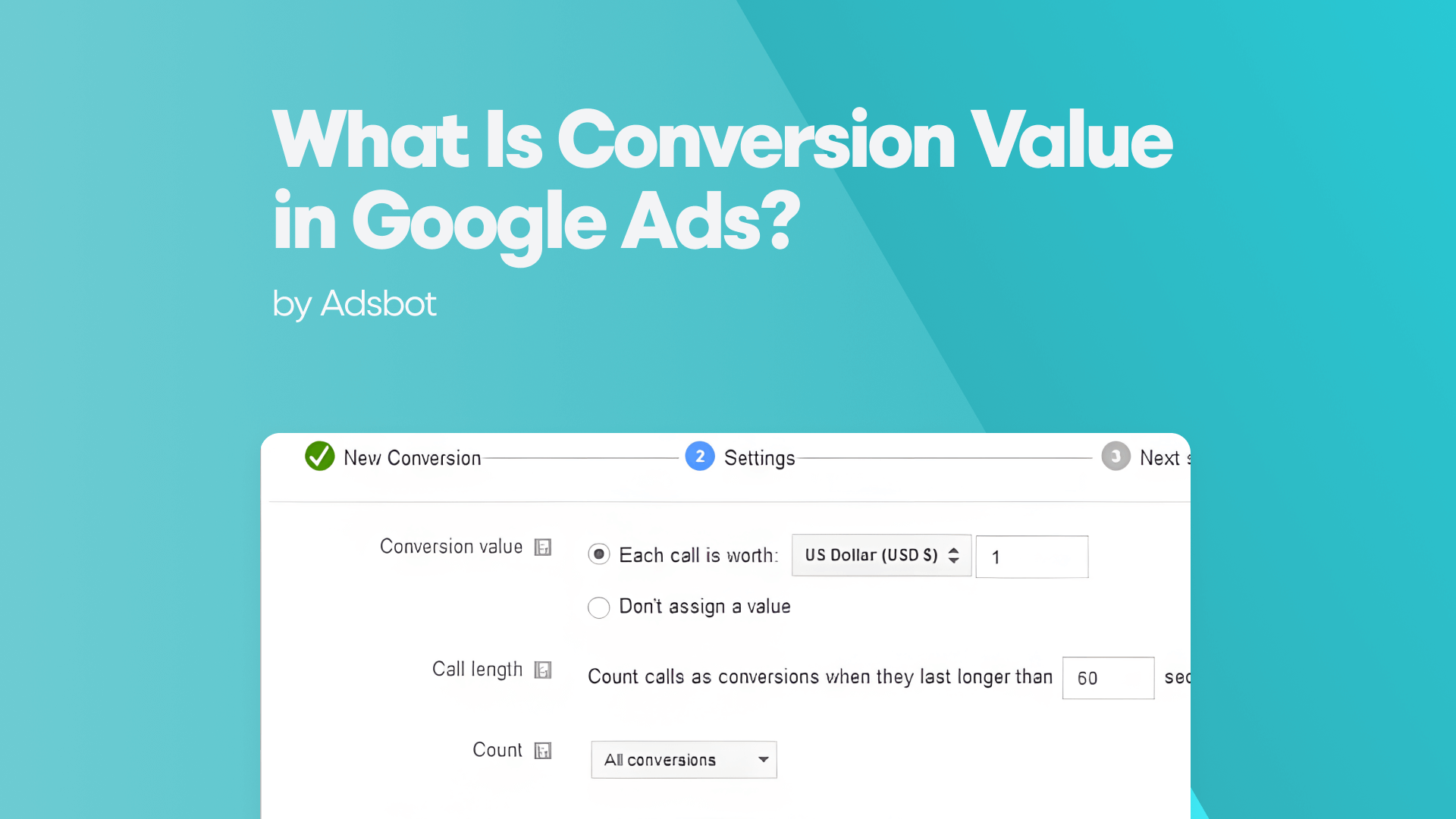In the realm of digital advertising, picking the best keyword match type is essential for success. Broad match and phrase match are two frequent types of match, and both can be useful depending on your marketing aims. The triumph of your endeavours hinges upon your aptitude to render erudite determinations predicated upon a comprehensive comprehension of the subtleties betwixt the sundry match classifications. Within the confines of this scholarly composition, we shall undertake a meticulous examination of the divergent attributes inherent in the utilisation of broad match and phrase match. Our discourse shall encompass an elaborate analysis of their dissimilarities, while simultaneously expounding upon the manifold advantages they bestow upon the discerning user.
What is a Broad Match?
When one selects a keyword match type referred to as broad match, the advertisement shall be displayed on occasions when a user’s search query encompasses any term within the keyword phrase. Should you opt for the broad match alternative and input a keyword such as “luxury car rental,” it is plausible that your advertisement may manifest in reaction to inquiries such as “rent a luxury car” or “car rental for luxury vehicles.” By implementing this alternative, you can effectively broaden your target demographic by capturing a greater number of inquiries that pertain to your designated keyword.
What is a Phrase Match?
In sharp juxtaposition, expressions can be meticulously honed with enhanced precision through the utilisation of phrase match, an embodiment of keyword match in its distinctive form. In the event that you configure the phrase match, your advertisement shall manifest whenever a user inputs a search query that encompasses the exact phrase you have stipulated, or a phrase that encompasses the said phrase along with any prefixes or suffixes that you opt for. In the event that the keyword that aligns with your phrase is “luxury car rental,” it is plausible that your advertisement may be displayed for correlated inquiries such as “affordable luxury car rental” or “luxury car rental in close proximity to my current location.” This aids in guaranteeing that your promotional endeavours are being perceived by individuals who genuinely possess an inclination towards the offerings you proffer.
Comparison of Phrase Match and Broad Match
The degree of specificity offered by phrase match sets it apart from broad match. Phrase match targets only individuals who specifically typed in that phrase in their search, while broad match reaches a wider audience by including variations and related searches. While broad match can increase the number of people who see your ads and the number of times those ads are displayed, it can also reduce the percentage of relevant clicks you receive. In contrast, phrase match allows you to more precisely regulate the search queries that activate your advertising, so reaching a more relevant audience.
Benefits of Broad Match
There exist numerous marketing methodologies that can derive advantages from the utilisation of broad match owing to the myriad of benefits it bestows. In the initial stages, it presents your advertisements to an extensive assemblage of spectators through a wide array of exploration terminologies. In the pursuit of expanding one’s audience and augmenting brand recognition, such a course of action can prove to be advantageous. Furthermore, the utilisation of broad match facilitates the exploration of novel prospective keywords and search terms that may prove advantageous for your esteemed organisation. One can enhance their keyword targeting and discover novel opportunities by meticulously scrutinising the search keywords that trigger the activation of their advertising.
Benefits of Phrase Match
Conversely, the utilisation of phrase match confers advantages that captivate advertisers seeking enhanced granularity and precision in their targeting endeavours. When employing the technique of phrase matching, your advertisements shall exclusively manifest to individuals who are actively seeking that specific phrase or a modified rendition thereof. This facilitates the attainment of a more precise demographic through your promotional endeavours, thereby augmenting the likelihood of engendering superior leads of high calibre. The utilisation of phrase matching additionally enables one to refine their targeting efforts without diminishing the potential size of their audience, thereby rendering it an exceptional instrument for optimising both the extent of one’s reach and the calibre of one’s impressions.
In summation, the determination of the most suitable match type to employ shall be contingent upon the confluence of your campaign objectives and your desired level of control. The utilisation of phrase match facilitates the opportunity to engage in a more meticulous and precise targeting approach, thereby enabling the acquisition of a profoundly pertinent audience. Conversely, the utilisation of broad match proves advantageous in the pursuit of reaching a broader spectrum of individuals, garnering increased attention, and unearthing novel keywords. The enhancement of keyword strategies and digital marketing campaigns can be achieved through the acquisition of knowledge regarding the intricacies inherent in the diverse match types, and subsequently harnessing their complete potential.
Popular Posts
-
How Many Keywords Should Be In an Ad Group in Google Ads?
Ever wondered if your Google Ads campaigns are packed with…
Read more -
Google Ads Script for Dummies: An Introduction
Imagine you have an e-commerce website that sells licensed superhero…
Read more -
Google Ads Sitelink Character Limits
Your Google Ads are cutting off in the middle of…
Read more -
What Is Conversion Value in Google Ads?
What if you could put a price tag on every…
Read more
Register for our Free 14-day Trial now!
No credit card required, cancel anytime.





